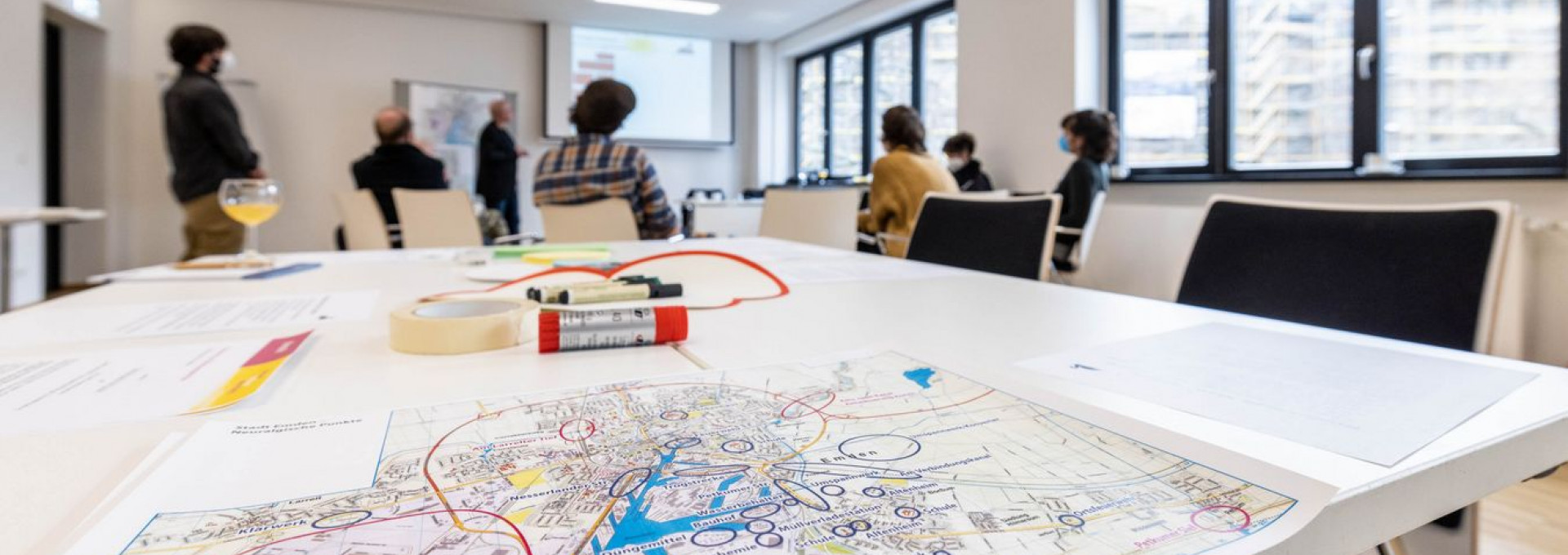
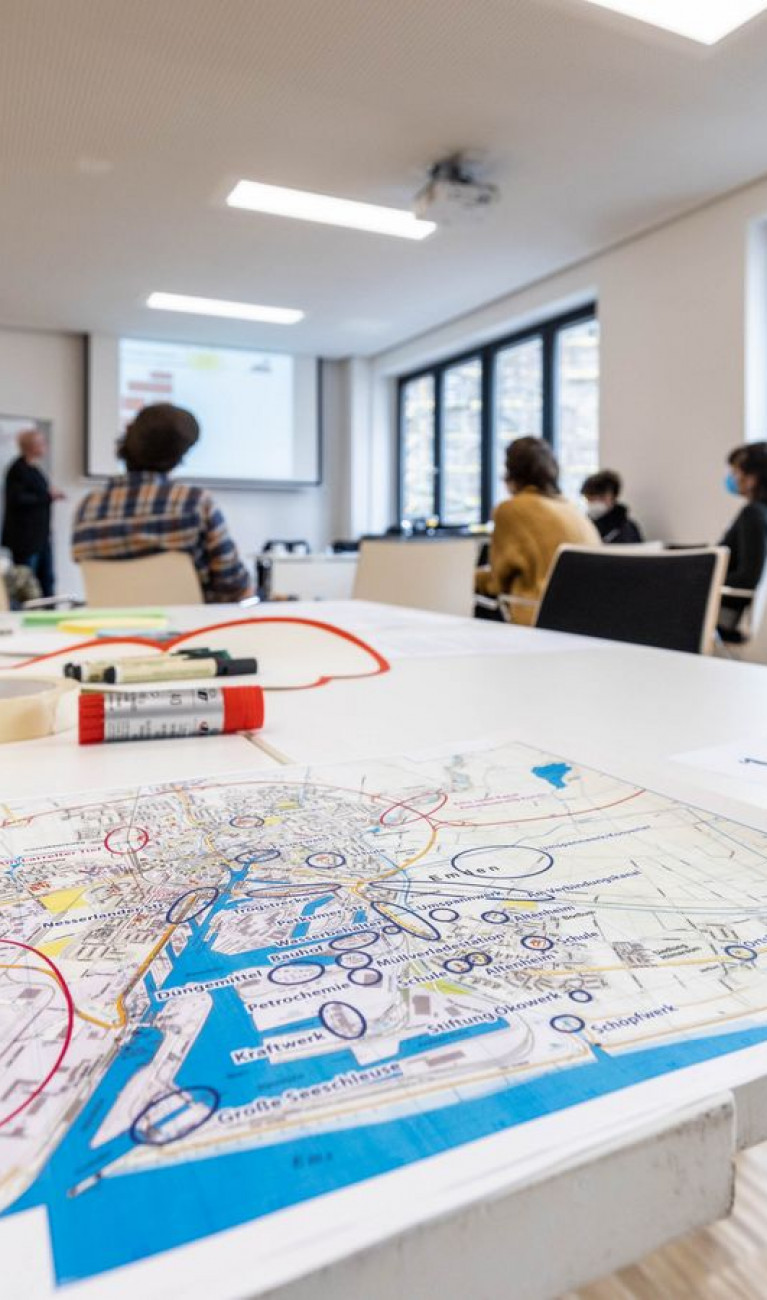


Floods, heat waves, and droughts – climate change is also tangibly impacting Germany as well. That said, the effects of climate change vary from one region to another. In the course developed by the Helmholtz Association Regional Climate Change and Humans (REKLIM) and the World Wide Fund For Nature (WWF) at local adult education centers “climate fit with klimafit – knowledge, intent, action” the participants learn what exactly climate change means for each individual community and what people can do to support climate action in their day-to-day lives.
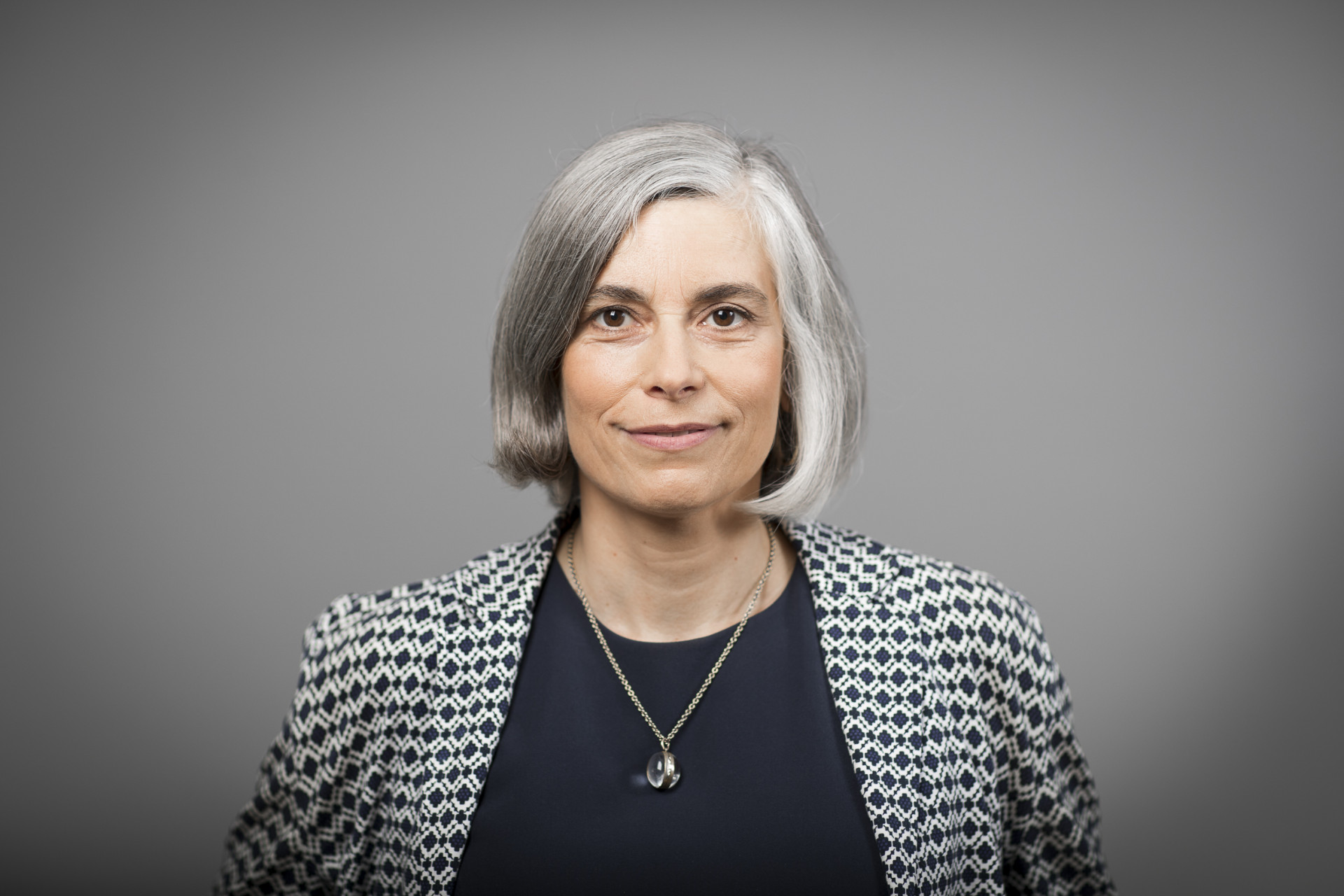
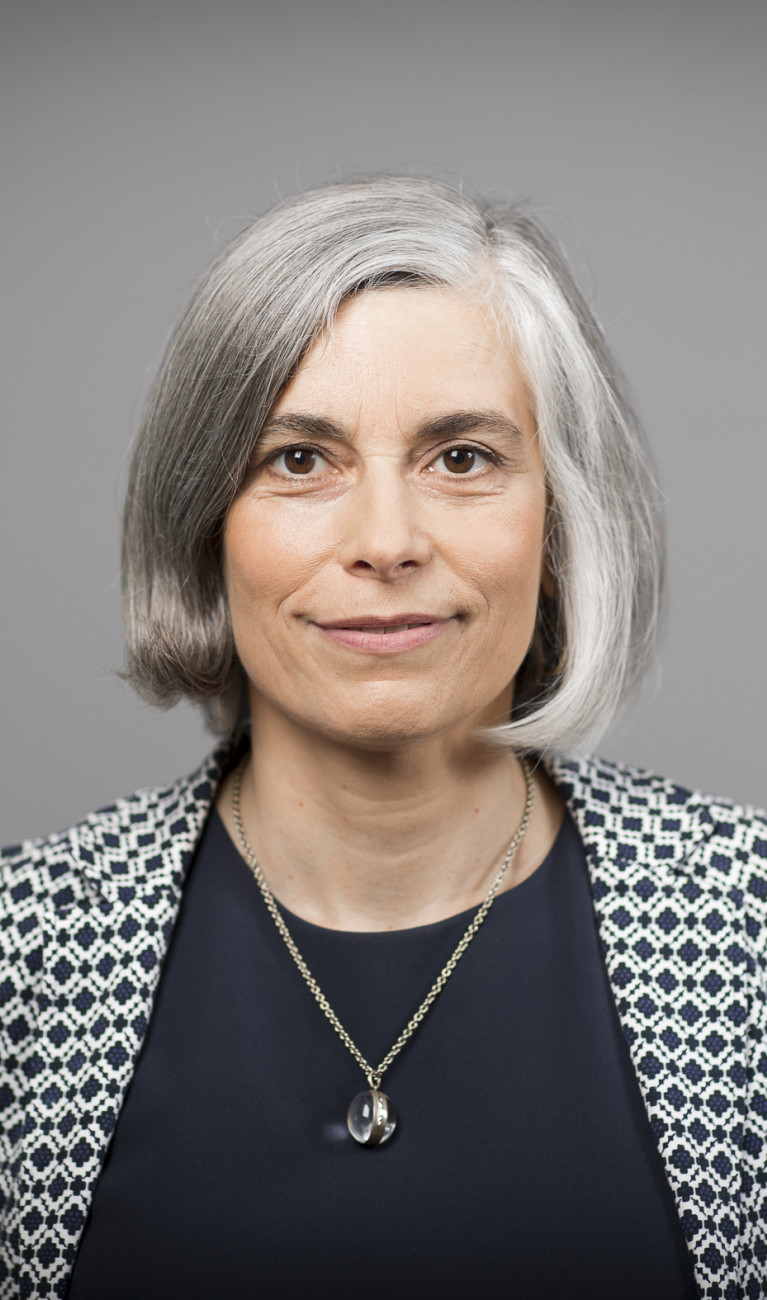
“The only way we can reach the Paris climate protection goals is if action is taken at the regional and municipal levels. This requires 'everyone'. Because climate protection is a community task. By participating in the klimafit course, citizens gain important skills and become multipliers for climate action in their communities,” says Bettina Münch-Epple, who oversees the Training division at the WWF.
Over the course of six evenings, the course participants learn about the fundamentals of global climate change, its regional impacts and consequences as well as possible adjustments that they can make. In addition, they can make and discuss specific suggestions on how to get involved and build a climate action network. They also have the opportunity to speak with leading figures in German climate research as well as regional and local specialists and representatives of various initiatives. In the klimafit challenge, people get to see first-hand how simple changes in their daily routine can tangibly contribute to reducing greenhouse gas emissions. The klimafit challenge is being piloted in five municipalities this year.
The course is intended for all of society – from schoolchildren all the way up to senior citizens: “For everyone looking to make a change,” says Klaus Grosfeld, Managing Director at REKLIM. “Especially those in older generations are particularly motivated by the desire to take responsibility for the younger generations,” Renate Treffeisen, Head of the Climate Office at the Alfred Wegener Institute and klimafit Project Head at REKLIM, continues: “Our aim is to offer the best possible training and networking opportunities for people interested in climate change and looking to do something about it. As for change at the social level, this can only become a reality when enough people are convinced that they can make a difference!”
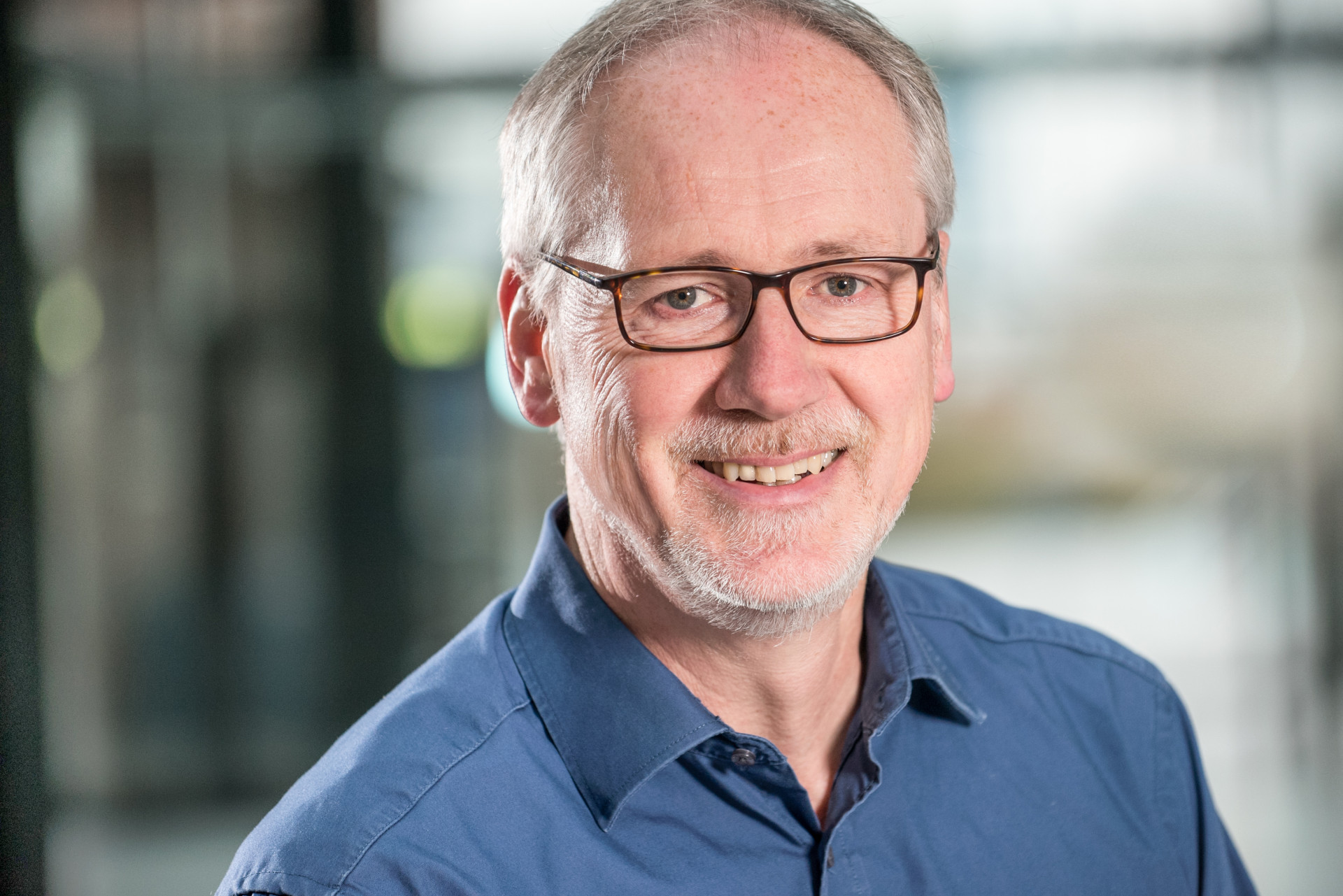
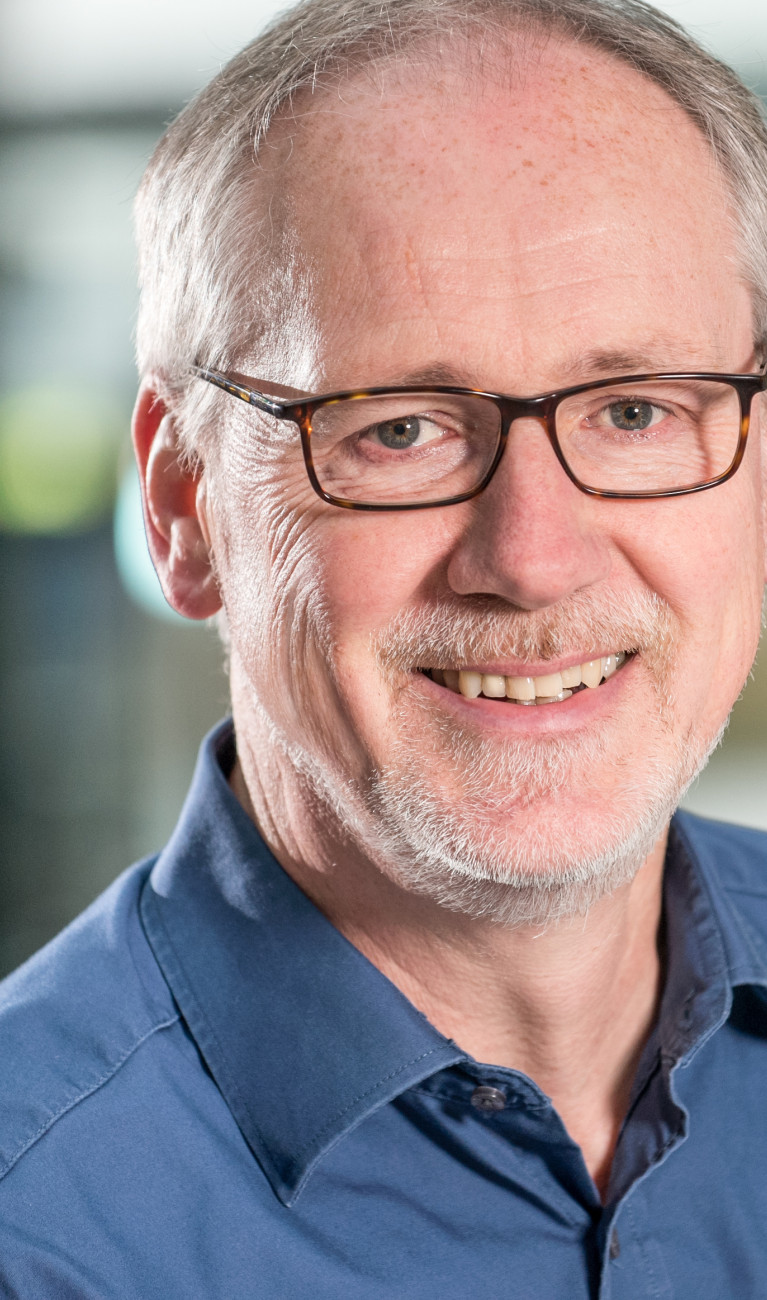
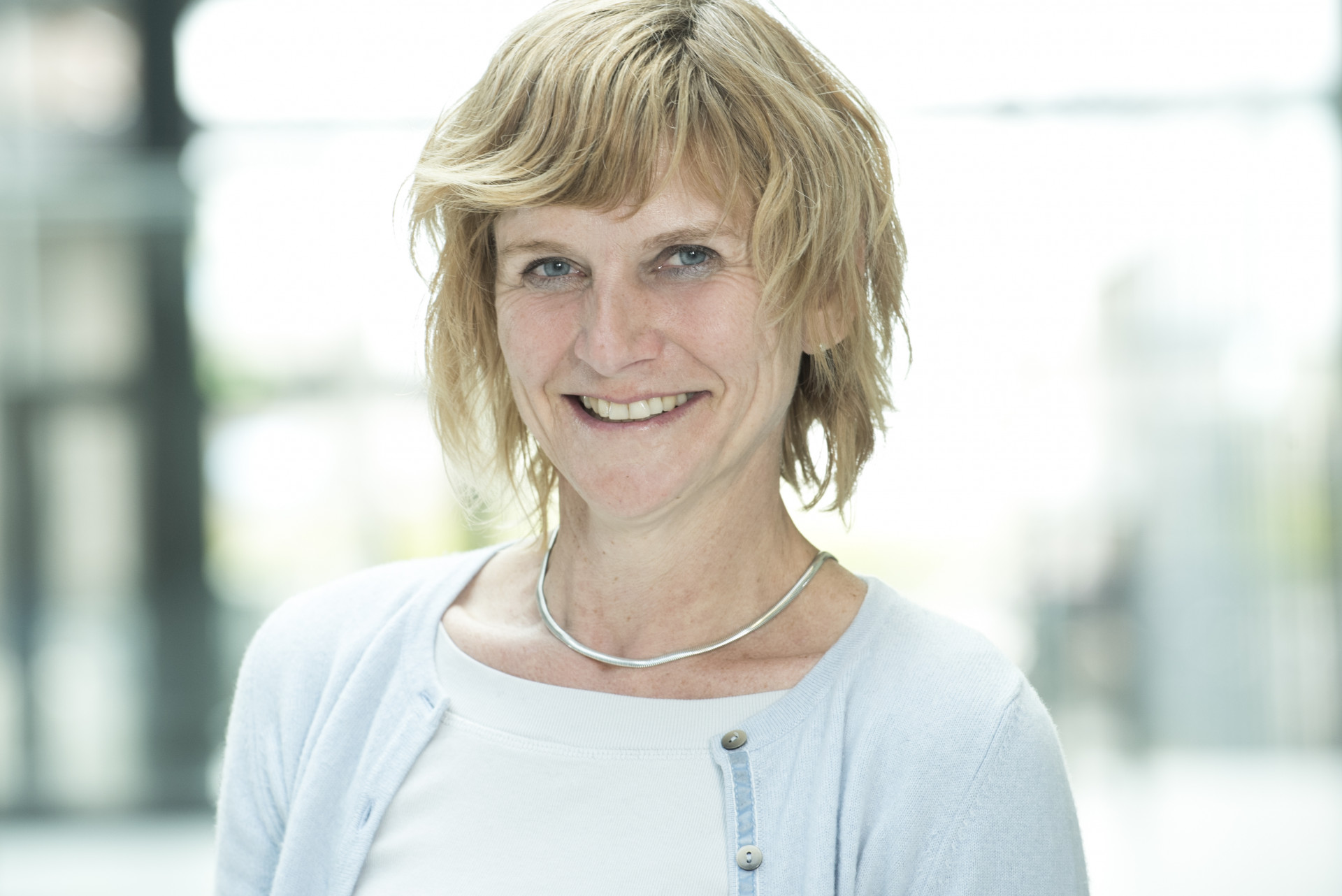
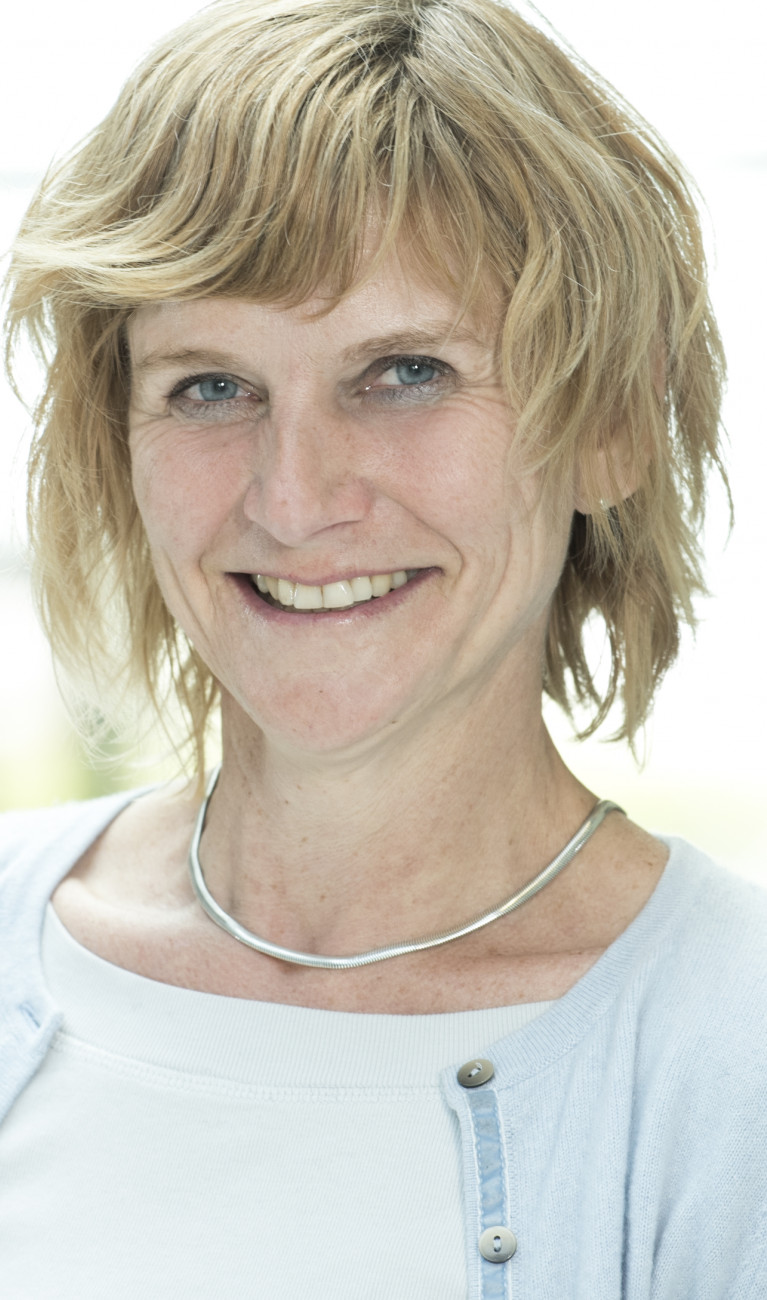
The course leaders undergo training conducted jointly by REKLIM and the WWF. “Our course leaders want to do something about climate action in Germany and, above all, to become active in their communities. This inspiration can be felt in the courses,” says Treffeisen. “In turn, it gives rise to long-lasting relationships. Many of our course leaders have worked with us for several years. After the course, they often set up further meetings or events on climate protection in the communities, such as klimafit social meetings, where participants also get together after the course to plan specific collaborative climate protection activities.”
klimafit in your region
Would you like to learn how you could make your city or municipality more climate friendly? At the following link, you can see all of the locations where the course is offered and directly book the course at the respective adult education center.
Would you like to offer a klimafit course in your adult education center? Or perhaps you would like to become a course leader? Then get in touch with one of the klimafit hubs. With their expertise, regional location, and extensive local networks, these regional and organizational hubs assist in developing and firmly establishing the courses in the respective region. You can get an overview of the hubs here.
Since the pilot phase in 2017, klimafit has been receiving scientific assistance from the University of Hamburg. The research team led by Beate Ratter and Martin Döring is investigating what social impact the project can have and how to encourage people to take action.
In the meanwhile, the klimafit course is currently being offered at 98 adult education centers throughout Germany. The goal is to have the course running at up to 170 such centers throughout the country by 2024. Doing so will first require finding a way to fund the courses independently and sustainably, even without subsidies. As for now, the project is being funded under the National Climate Protection Initiative of the Federal Ministry for the Environment, Nature Conservation, Nuclear Safety and Consumer Protection. In the past, it was supported by the Robert Bosch Foundation and the Klaus Tschira Foundation.